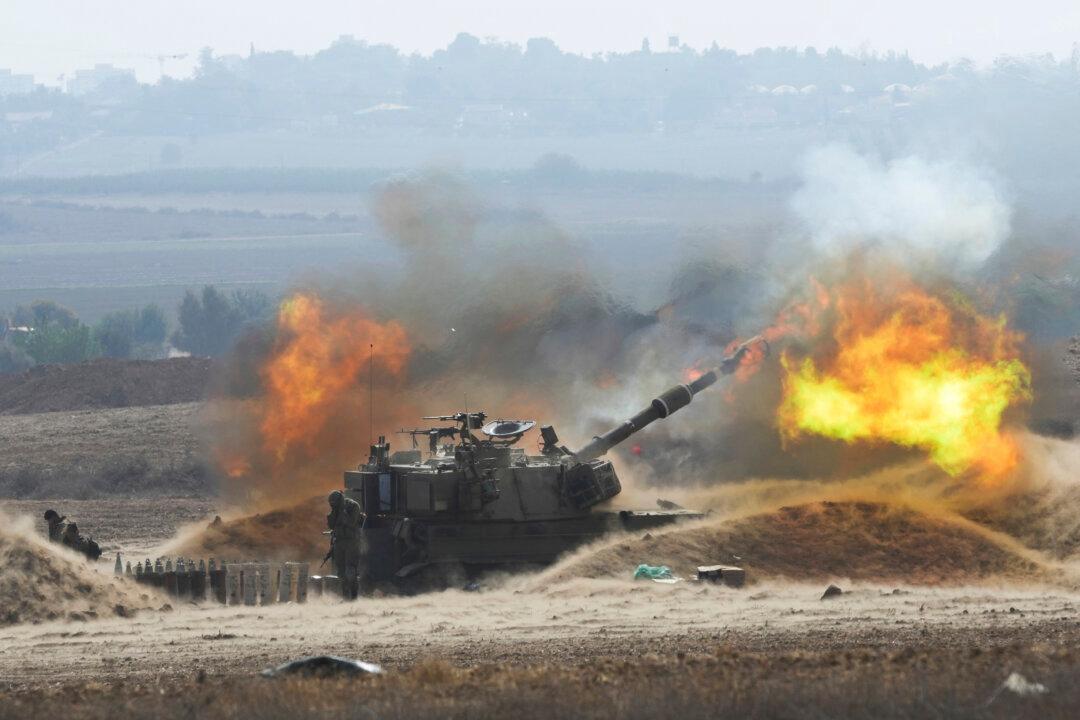The latest crisis to shake the planet, Hamas’s terrorist attack against Israel last weekend, has provided one more indication that Canada is increasingly being left out of its allies’ joint actions.
In a joint statement following the attack, leaders of a subgroup of five of the G7 countries, known as the Quint, expressed their “steadfast and united support to the State of Israel” and their “unequivocal condemnation of Hamas and its appalling acts of terrorism.” The signatories included the United States, the UK, France, Germany, and Italy.





